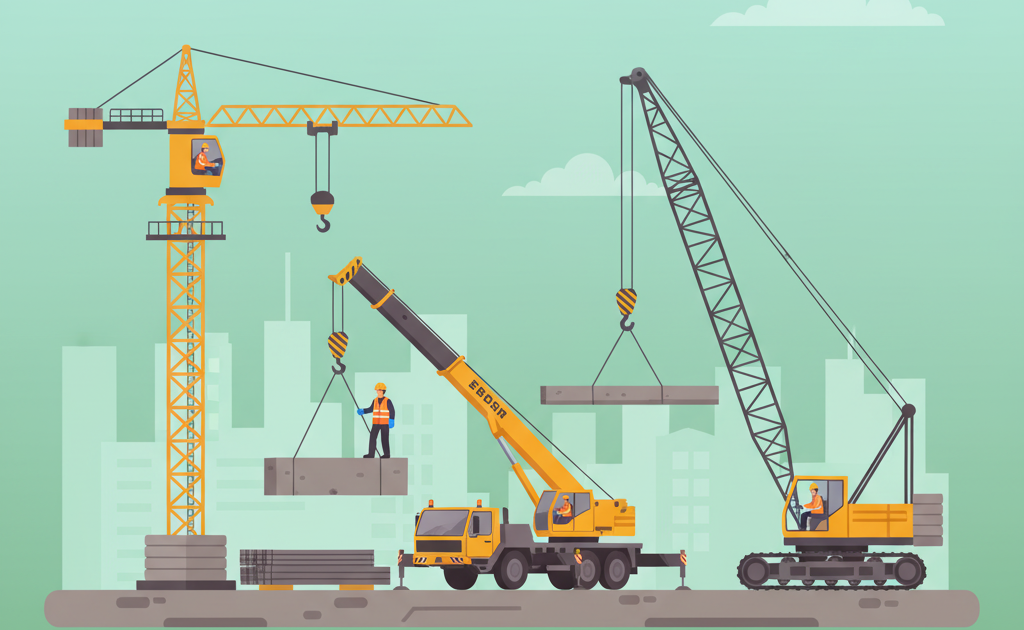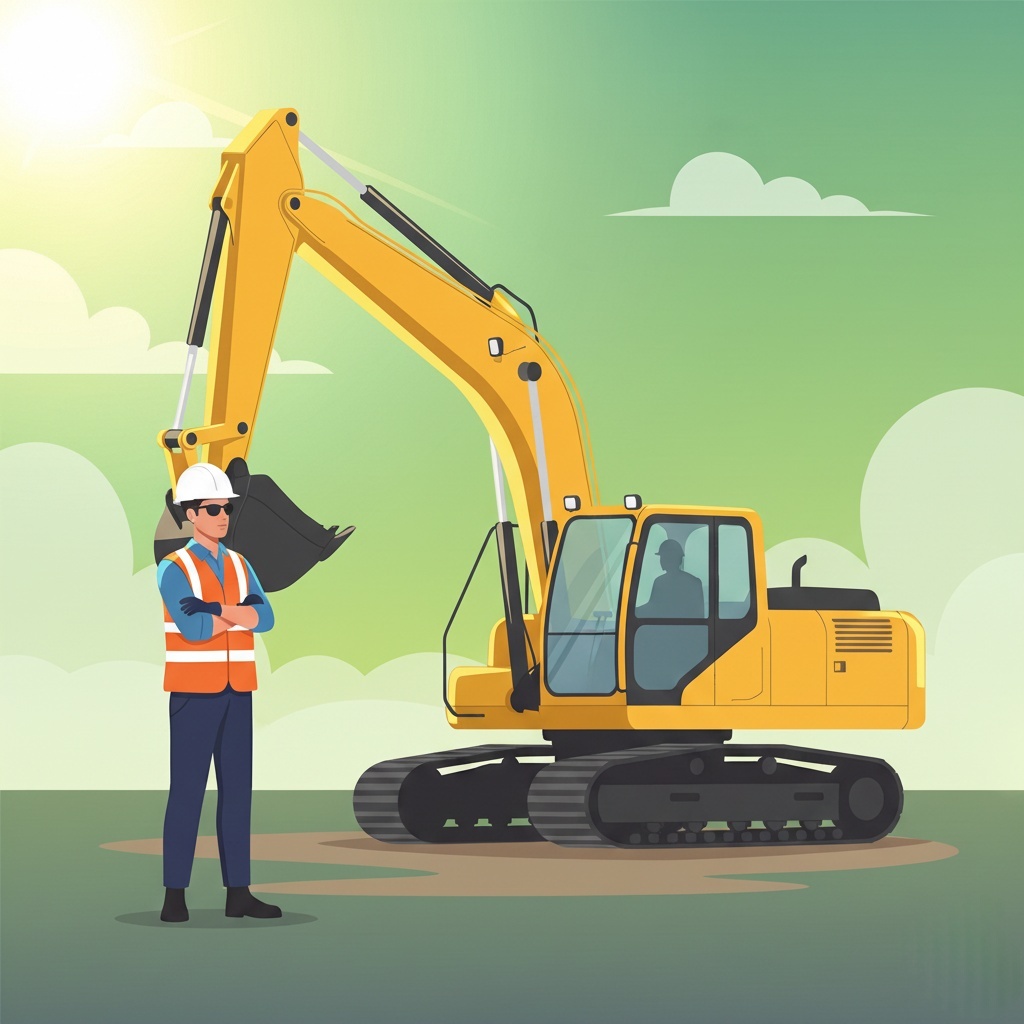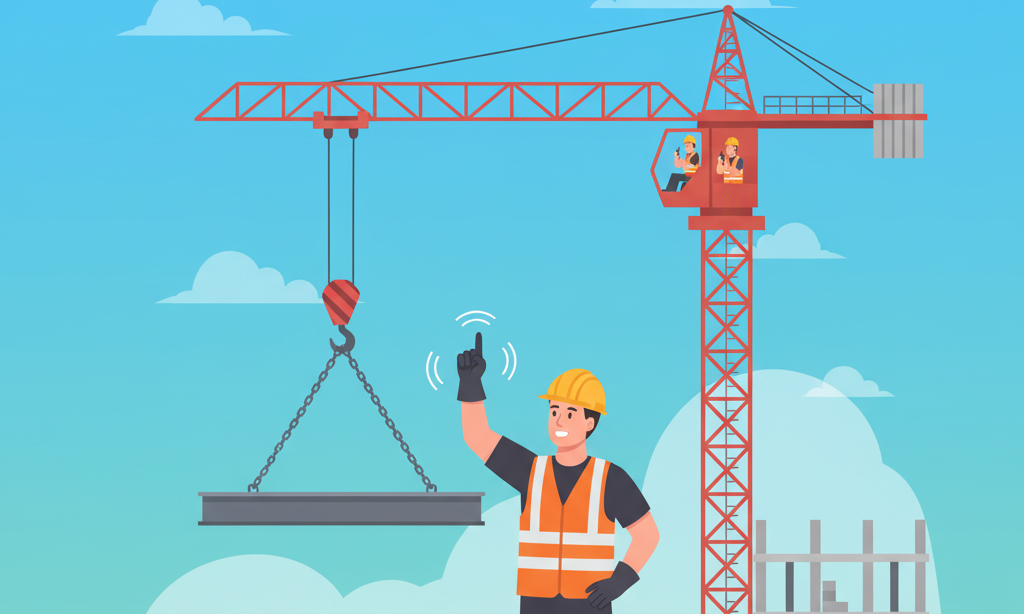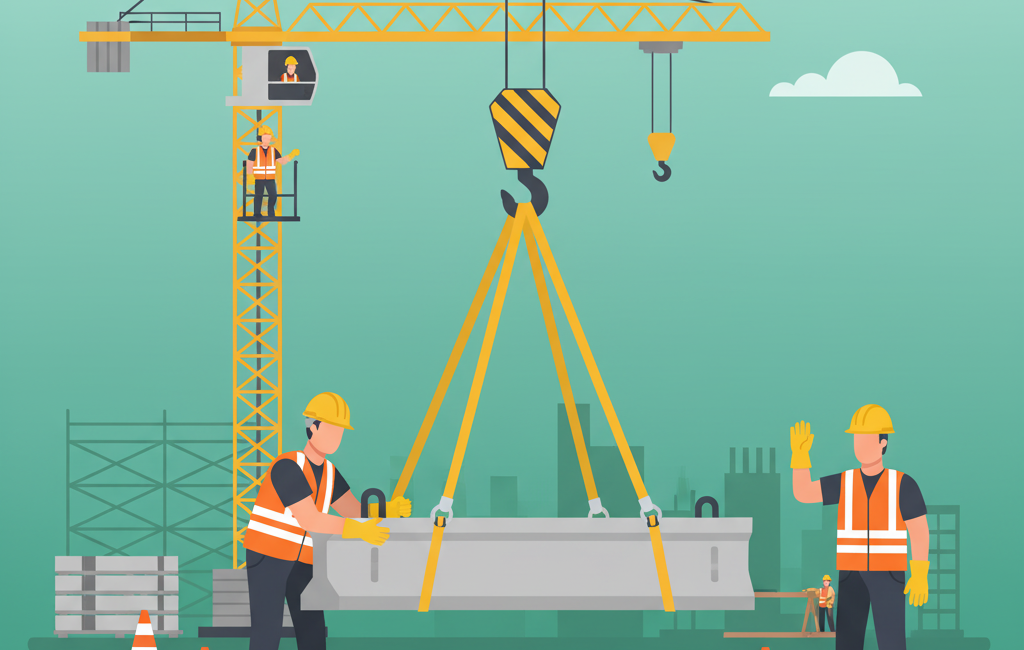Crane operator duties involve more than just hoisting stuff from one place to another. To drive and maintain those iconic behemoths of industry requires training, experience and testing to get a certification that has to be renewed about every five years. There’s more: There are actually three separate categories of crane operations distinguished by the type of cranes used in the industry: (1) tower cranes, (2) overhead cranes, and (3) mobile cranes.
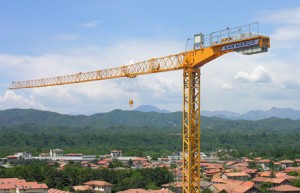 Tower cranes
Tower cranes
Seen at most major construction sites, these giants often are hundreds of feet tall and can reach out to equally large distances. Used to lift large tools (generators, acetylene torches, etc.), concrete and steel, tower cranes grow taller as the job progresses and appear to be impossibly balanced as their projecting booms lift enormous weights.
Tower crane operator duties
Essentially, tower crane operators operate the levers on the control console and control crane movements. They control the crane by responding to hand or radio signals by a supervisor or qualified signaler. On some jobs they use remote control consoles either from the top of a building or by radio controls.
Overhead cranes
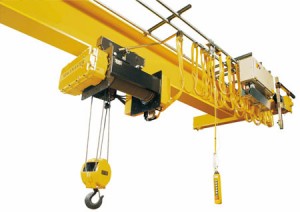 Sometimes called a bridge crane and found in industry, the overhead crane is essentially a hoist supported by a rigid overhead girder attached to a roof or a supporting steel structure. Steel production companies, paper mills and the auto industry use overhead cranes in the day-to-day production work.
Sometimes called a bridge crane and found in industry, the overhead crane is essentially a hoist supported by a rigid overhead girder attached to a roof or a supporting steel structure. Steel production companies, paper mills and the auto industry use overhead cranes in the day-to-day production work.
Overhead crane operators duties
Overhead crane operators control the lifting, moving and positioning of loads on the crane. They observe and make sure that the load is safely attached and within the lifting limits. They keep the crane clean and well maintained. If designated as a Crane Operator-Hooker or Hooktender, they can also physically attach the load.
Mobile cranes
As the title implies, these are cranes that move. They might be mounted on crawlers or rubber-tired carriers or can be self-propelled. Requiring minimal setup and assembly, mobile cranes are designed to get to the work site quickly and lift a variety of loads. Mobile cranes typically have a telescoping boom with a hook suspended by a wire rope.
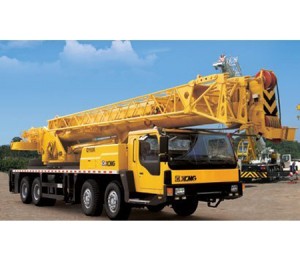 Mobile crane operator duties
Mobile crane operator duties
Mobile crane operators move the control levels, foot pedals and manipulate the dials to operate the equipment. They are responsible for keeping their equipment maintained and safe. They do the cleaning, lubrication and do necessary repairs to their rigs. They must constantly inspect the crane cables and hooks for wear and make sure worn parts are replaced. The mobile crane operator ensures that weight loads and lifting capacities are not exceeded.
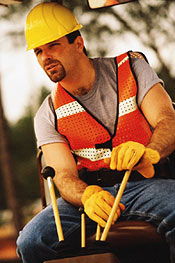 Want to get certified in crane operator duties?
Want to get certified in crane operator duties?
A great source on crane operator training certification that is widely recognized is the National Commission for the Certification of Crane Operators (NCCCO). Visit their web site, download their qualification handbooks and check out their testing requirements for each category of crane operator. Our Crane Safety series of courses will help prepare you for many of the certification exams offered by the NCCCO and other certifying organizations, including our Crane Operator Training.



